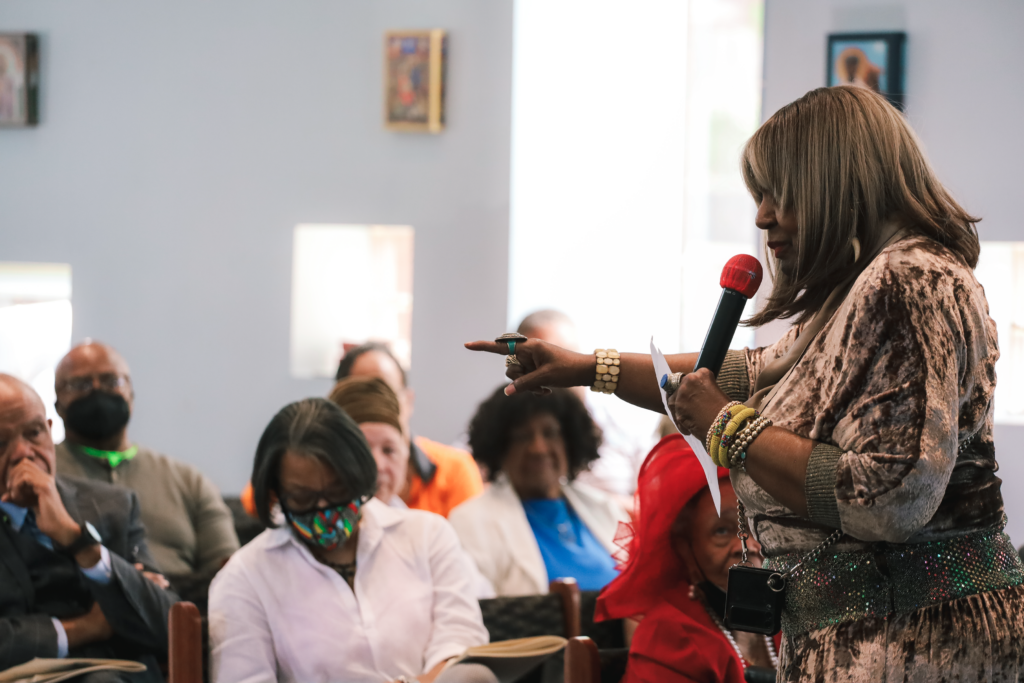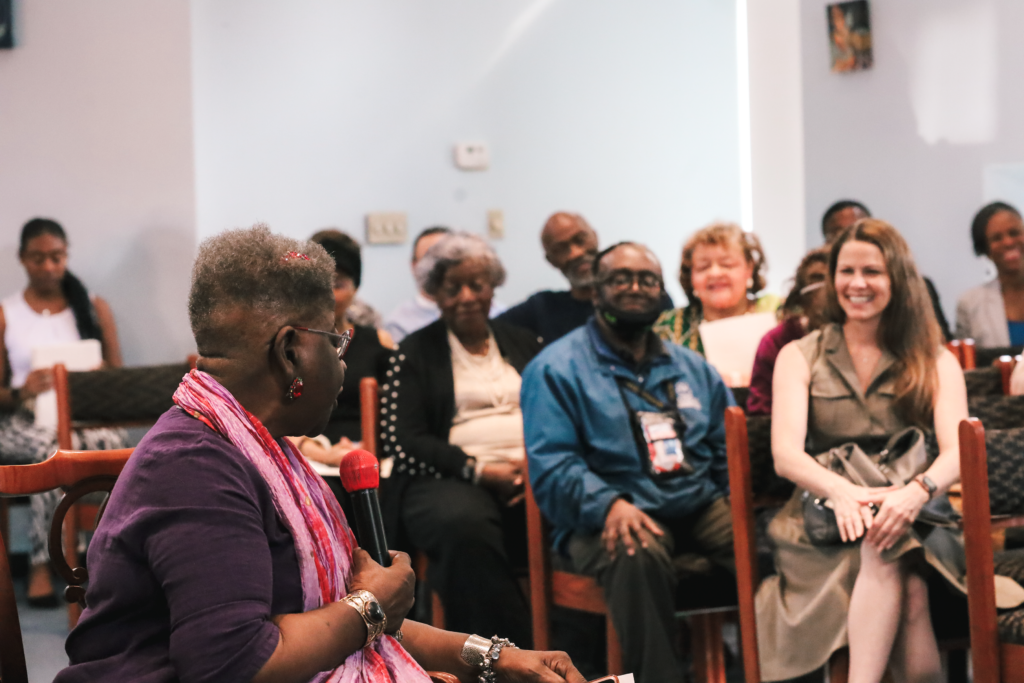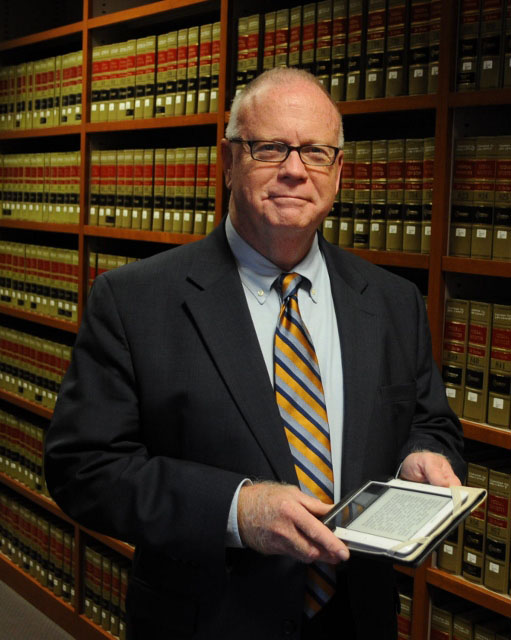
ATLANTA – A set of steps on Northside Drive were clearly the remnants of someone’s home, but these steps to nothing prompted Dr. Georgianne Thomas to wonder: Who lived here and where did they go?
That question led Thomas on a quest that resulted in identifying more than two dozen African American communities that she argues in a new video and monograph were bulldozed without regard to their contributions to Atlanta.
The video Who Lived Here…? Where Did They Go? and accompanying research document were produced by Thomas with financial support from the Absalom Jones Episcopal Center for Racial Healing where she is a Bishop Barbara C. Harris Fellow.
Dr. Catherine Meeks, director of the Center, said the work by Thomas will be housed at the Center and that plans are underway to place markers identifying the locations of these lost communities.
Dr. Thomas said at least 27 communities were replaced with shopping centers and other structures that mostly did not benefit the former residents. And in those cases where there might have been opportunities for the former residents to benefit, the benefits were not equal to the losses that were endured.
“While it might have been relatively simple to declare an area a slum as the U.S. Government often did and engage in the prescribed ‘slum clearance’ that allowed for the building of housing complexes, and other entities, none of the replacement efforts considered what was being destroyed,” Thomas said. “The people who lived in those destroyed communities had systems of support, caretaking, relationships, a history, economic resources, and a sense of belonging that was lost. Who were some of those who lived there and where did they go to is the question this project seeks to answer even though years have passed, in most cases, since they were destroyed?”
Thomas said as she worked her questions continued to cascade.
What are the stories of the shared life that existed in those African American communities? How did they navigate life? What were the gifts that were exemplified by those who lived there? How did they manage in the face of systemic structures of oppression? How did being a member of a particular community provide sanctuary for those who lived there? Did they find similar support systems after their displacement? How did the displaced people feel and what wounds did they experience because of having their communities torn down and replaced with structures that were not necessarily welcoming to them?
Answering those questions led Thomas to create an archive that names these communities and acknowledges their beauty and worth and affirms the lives lived in them, and makes it clear that the progress that was made by destroying them was too costly.
“These people and their communities brought their own brand of giftedness and their destruction injured everyone,” she said. “This work seeks to acknowledge the people and their stories as a contribution to the larger work of racial healing.”

Dr. Meeks said the work by Dr. Thomas supports a core mission of the Center.
“Racial healing cannot occur unless the truth is told, and this portion of the truth is important,” Dr. Meeks said. “It needs to be told in a way that can become a part of our collective understanding of the ways in which racial wounding occurred in the name of progress.”
The Absalom Jones Episcopal Center for Racial Healing, opened in October 2017 and named in honor of the first African American Episcopal Priest, promotes a model of prayerful education that forms and reforms individual and collective action: a defined curriculum, thoughtful training, pilgrimages, and dialogue.
“The Center will continue its important work until our work is no longer needed,” Meeks said. “We seek the beloved community and the rewards of living life in that community – free of racism.”
Watch the Documentary:

